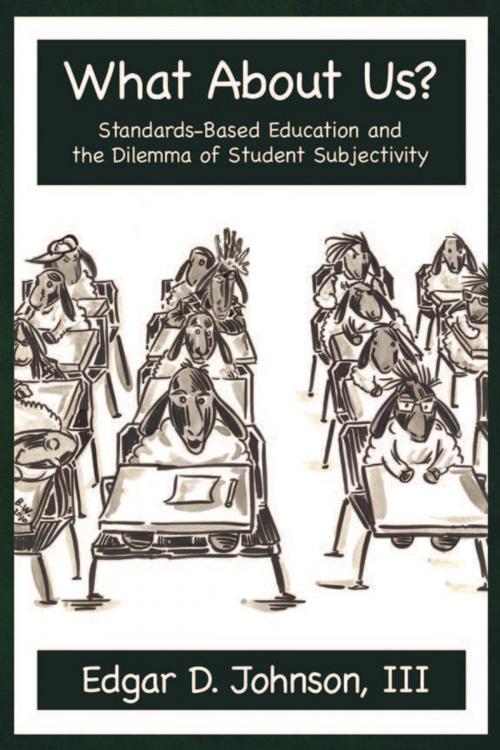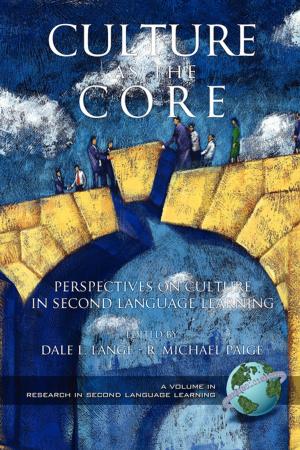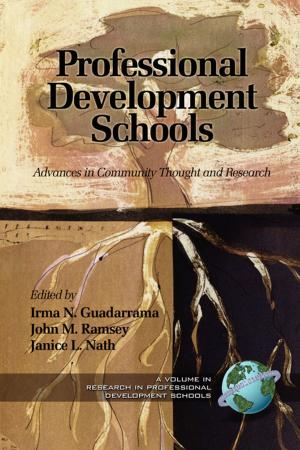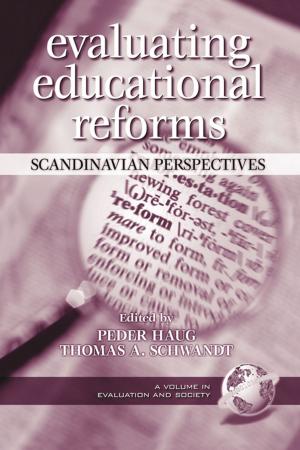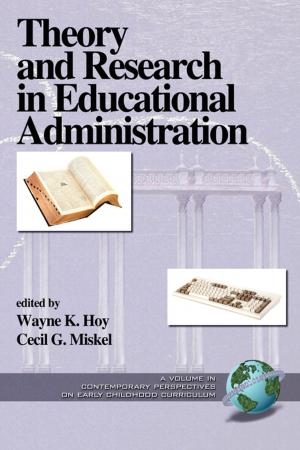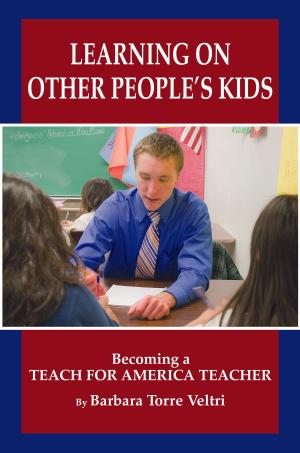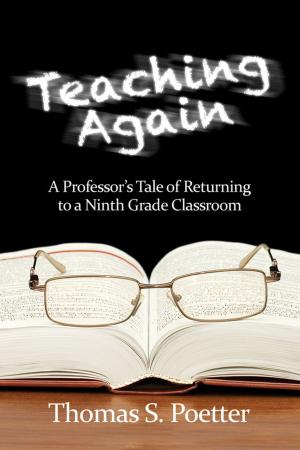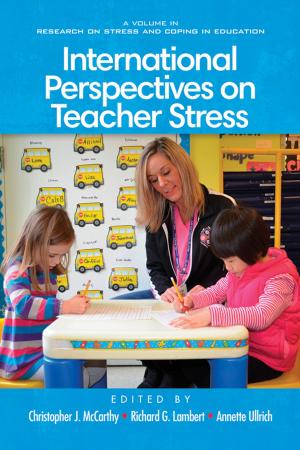What About Us?
StandardsBased Education and the Dilemma of Student Subjectivity
Nonfiction, Reference & Language, Education & Teaching, Administration, Teaching, Teaching Methods| Author: | ISBN: | 9781617351907 | |
| Publisher: | Information Age Publishing | Publication: | December 1, 2010 |
| Imprint: | Information Age Publishing | Language: | English |
| Author: | |
| ISBN: | 9781617351907 |
| Publisher: | Information Age Publishing |
| Publication: | December 1, 2010 |
| Imprint: | Information Age Publishing |
| Language: | English |
Over the past three decades, the standardsbased reform movement has transformed K12 education in the United States, culminating with passage of the No Child Left Behind Act in 2002. Beyond making reasonable accommodations for special needs students, standardsbased education pays little attention to other areas of student difference, relying instead on a "rational actor" model of student experience, and ignoring how differences in students' backgrounds and orientations impact their particular experiences of schooling. This book examines the development of standardsbased education, with particular scrutiny of the roles of the National Governors' Association and its National Education Summit events. Examination of important documents emerging from those events provides an illustration of the conceptually impoverished understanding of student subjectivity, motivation, and agency inherent in standardsbased education. In order to understand both problems with and alternatives to standardsbased education, the author examines the roles of ideology, rhetoric, and audience in school policy. In three case studies, the author analyzes several nonschool models of education, including Marine Corps bootcamp, Ving Tsun kung fu training, and an online, school resistance community. Johnson argues that examination of these learning contexts provides a better understanding of the shortcomings and dangers of the standardsbased model of student subjectivity, and suggests a set of fourteen principles to inform the development of more studentcentered alternatives.
Over the past three decades, the standardsbased reform movement has transformed K12 education in the United States, culminating with passage of the No Child Left Behind Act in 2002. Beyond making reasonable accommodations for special needs students, standardsbased education pays little attention to other areas of student difference, relying instead on a "rational actor" model of student experience, and ignoring how differences in students' backgrounds and orientations impact their particular experiences of schooling. This book examines the development of standardsbased education, with particular scrutiny of the roles of the National Governors' Association and its National Education Summit events. Examination of important documents emerging from those events provides an illustration of the conceptually impoverished understanding of student subjectivity, motivation, and agency inherent in standardsbased education. In order to understand both problems with and alternatives to standardsbased education, the author examines the roles of ideology, rhetoric, and audience in school policy. In three case studies, the author analyzes several nonschool models of education, including Marine Corps bootcamp, Ving Tsun kung fu training, and an online, school resistance community. Johnson argues that examination of these learning contexts provides a better understanding of the shortcomings and dangers of the standardsbased model of student subjectivity, and suggests a set of fourteen principles to inform the development of more studentcentered alternatives.
